The world of essential oils offers many benefits for your health and well-being. However, storing these potent natural extracts requires careful consideration to maintain their quality and efficacy. A common question among essential oil enthusiasts is whether storing essential oils in plastic bottles is safe.
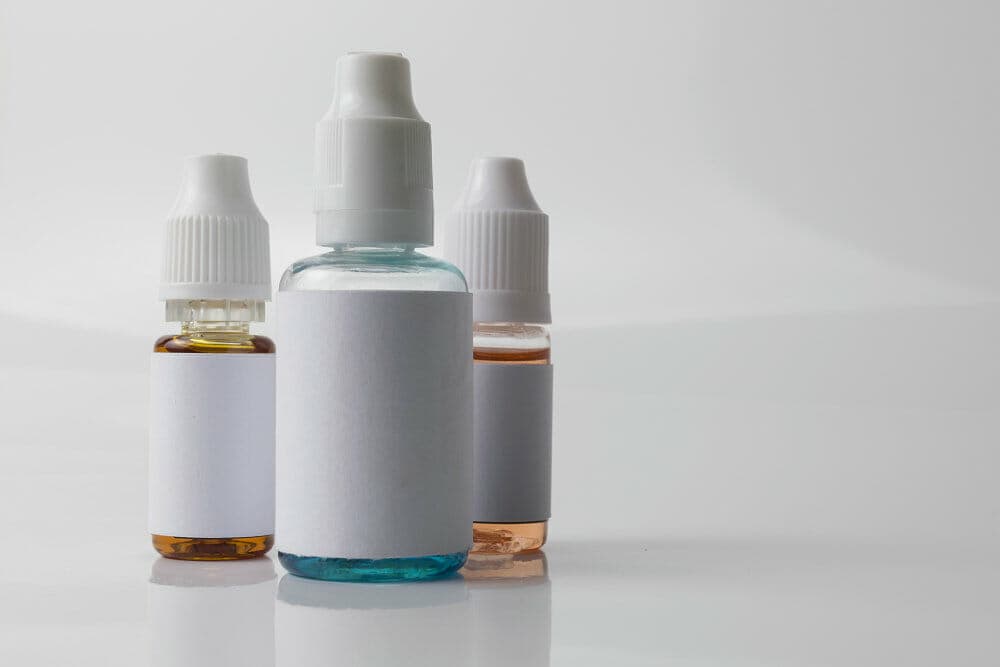
A wide range of plastic bottles are suitable for storing essential oils. The key is to choose the right kind of plastic to avoid potential issues, such as leaching, contamination, or degradation of the oils. This article will discuss the types of plastics safe for essential oil storage, the pros and cons of plastic, and important safety and usage guidelines to remember.
Key Takeaways
- Plastics are suitable for essential oil storage.
- Consider potential issues and environmental impact when choosing storage materials.
- Follow safe storage practices and guidelines for optimal oil quality.
Essential Oils and Storage Materials
When storing your essential oils, choosing suitable materials is crucial. Using the wrong containers can lead to a shorter shelf life and even altered properties of the oils. Here are some recommendations to ensure the longevity and quality of your essential oils.
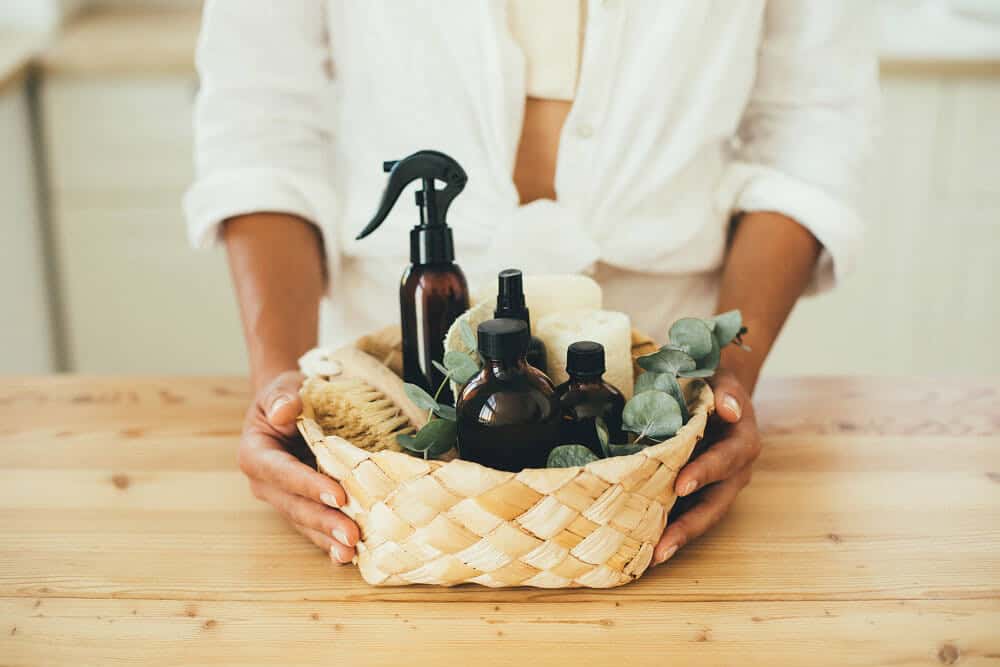
When considering plastic options, always look for containers made from High-Density Polyethylene (HDPE) or Polyethylene Terephthalate (PET). These plastics, specifically HDPE (plastics number 2), have stronger bonds and longer chain lengths not broken up by essential oils. They are commonly used in the food and beauty industry and are safe for essential oil storage. Remember that HDPE containers are usually less clear than PET bottles, which helps extend the shelf life of your essential oils.
Regardless of the plastic material you choose, remember to use a tight lid to keep the essential oils safe from oxidation, air, or water. Frequent and prolonged exposure to air and water can change the oil’s consistency, smell, and properties.
Pros and Cons of Plastic
Plastic Bottles
Convenience and Lightweight: Plastic containers are inherently more convenient and lightweight than Glass. They won’t break even if they fall, making them suitable for travel or storage in a bag without worrying about potential breakage.
Cost-effective and Versatile: Plastic bottles are also more cost-effective than glass bottles for storing essential oils, making them a popular choice for many. They are readily available in various shapes, sizes, and styles, providing options for various preferences and needs.
However, not all plastic containers are suitable for storing essential oils. Some essential oils might break down or damage plastic containers over time, leading to leaks or a decreased effectiveness of the oils.
The porous nature of certain plastics can allow air to pass through, leading to the breakdown of essential oils. In some cases, fluorination can create a barrier between the essential oil and a plastic container, but this only works if the oil is not oxygen-sensitive.
As a result, even though high-quality plastic might be more convenient and cost-effective, it remains the best option for storing essential oils.
Types of Plastics Suitable for Essential Oils
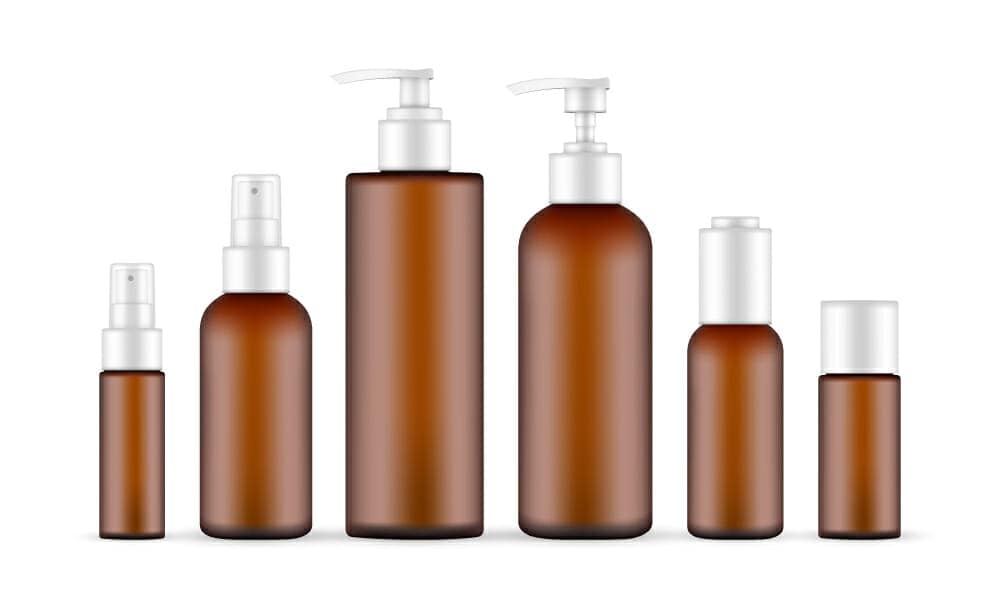
When choosing your essential oil bottles, selecting the correct type of plastic material is crucial. Several plastics are available, but only a few are suitable for essential oils. This section will discuss the most suitable plastics for essential oil storage: PET plastics, HDPE plastic, and Polystyrene.
PET Plastics
PET (Polyethylene Terephthalate) plastics, also known as plastic #1 and PETE, are considered safe for use with essential oils. These plastics are commonly used in the beauty and food industries due to their durability and resistance to degradation. When storing your essential oils in PET plastic containers, ensure they are specifically designed for essential oils and made of high-quality material.
HDPE Plastic
High-Density Polyethylene (HDPE) plastic, or plastic #2, is another safe option for storing essential oils. This type of plastic has stronger bonds and longer chain lengths, making it more resistant to the properties of essential oils.
HDPE plastics are often used in caps, diffusers, and orifices explicitly designed for essential oils. When selecting an HDPE container, look for those labeled with the #2 recycling code to ensure the plastic is appropriate for essential oil use.
Polystyrene
Polystyrene is a plastic material not often mentioned as suitable for essential oil storage. However, it would help if you exercise caution when considering this option. Stick with PET and HDPE plastic for a safer option when storing and using your essential oils.
for storing essential oils, opt for PET plastics or HDPE plastic containers. These materials can withstand the corrosive nature of the oils, preserving their quality and purity. Dilute your essential oils in these appropriate containers and steer clear of unsuitable plastics like water bottles, solo cups, and plastic drinking straws
Potential Issues with Storing Essential Oils in Plastic Bottles
You may use plastic bottles for convenience when storing essential oils. However, there are a few potential issues you should be aware of before making this decision.
Firstly, essential oils are incredibly potent and can dissolve certain types of plastic over time. This can cause the bottles to leak and contaminate your precious oils.
Another concern when using plastic bottles is that they might need to offer more protection against UV rays. Essential oils are sensitive to light, and prolonged exposure to UV rays can cause them to lose their aroma and therapeutic properties.
Moreover, certain essential oils, particularly citrus oils, can cause oxidation when stored in plastic containers. Oxidation can alter the chemical composition of your oils, reducing their effectiveness and even causing them to become skin irritants.
When it comes to dilution, you must be cautious when using plastic containers, as certain plastic types can react with essential oils. Essential oils should always be diluted before use, and mixing them with carrier oils in plastic bottles may cause unwanted reactions.
While plastic might seem convenient for storing essential oils, several issues must be considered.
Safe Storage Practices
Dilution with Carrier Oils
When working with essential oils, diluting them with carrier oils is important. Diluting essential oils helps to reduce their concentration, making them safe to use and easier to store. Mix a few drops of your essential oil with a carrier oil like coconut, jojoba, or almond oil to dilute your essential oils.
By doing this, you will ensure the safety and efficacy of your essential oils. Still, it also allows for safer storage in plastic containers such as HDPE or PET, specifically designed for use with diluted essential oils.
Airtight Containers and Storage
Essential oils stored in airtight containers is crucial to maintain the quality and aromatic properties of your essential oils. Just like using a plastic water bottle, ensure the lids are tightly screwed on, which will help prevent the oils from oxidizing or evaporating.
Protecting Essential Oils from Sunlight and Heat
Essential oils are delicate and sensitive to sunlight and heat. It’s essential to keep them away from direct sunlight and store them in a dark, cool place. A suitable option could be a dedicated cabinet or drawer in your home or a refrigerator designated for storing your essential oils. Protecting them from sunlight and heat will preserve their natural properties and prolong their shelf life, ensuring you can enjoy their benefits for a long time.
Keep your oils in the appropriate containers away from sunlight and heat, and always dilute them with carrier oils for an enjoyable and safe experience.
Safety and Usage Guidelines
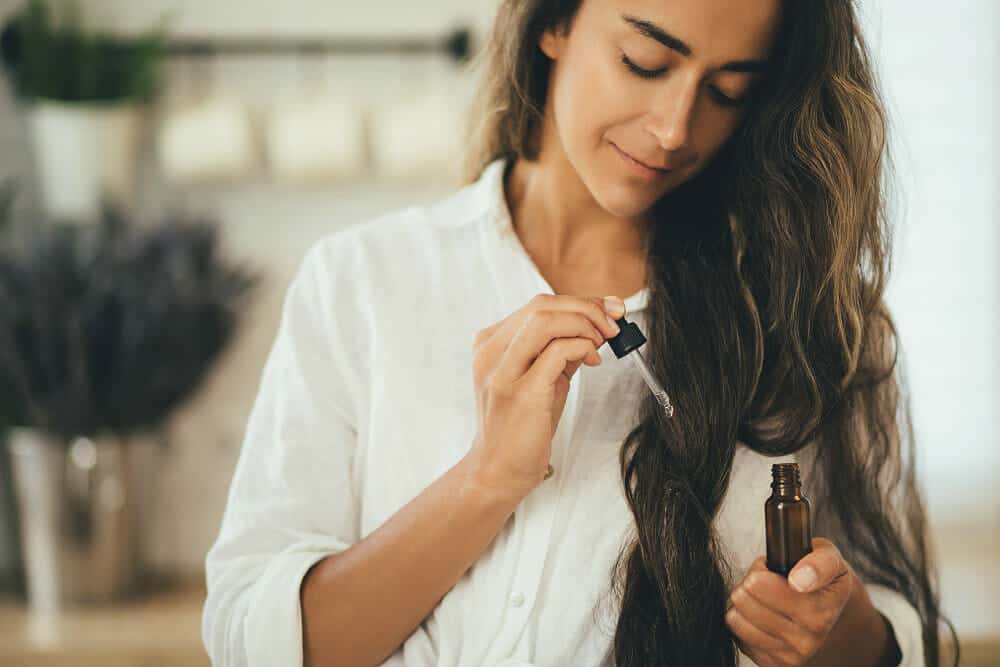
Choosing High-Quality Essential Oils
When selecting essential oils, it’s vital to choose high-quality products that are pure and natural. Look for reputable brands and pay attention to labels to ensure you’re buying a product with genuine medicinal properties. A good quality essential oil is crucial for safe usage and effectiveness in your aromatherapy practice or DIY projects like lotions and scrubs.
Proper Concentration and Internal Use Guidelines
Always make sure to dilute essential oils before using them on your skin. Dilution helps minimize skin sensitivity and ensures the oils are safe to use.
Mix one drop of essential oil with five drops of carrier oil, like fractionated coconut or almond oil, to create the proper concentration. This dilution ratio is applicable for most essential oils; however, some oils may require different concentrations, so follow the recommendations for each specific oil.
Regarding internal use, essential oils should be approached with caution. Some oils are safe for internal use, while others may be toxic or harmful. Always research the essential oil you intend to use, and consult a healthcare professional before ingesting any essential oil.
Keep in mind proper storage and expiration dates when using essential oils. To maintain the quality and safety of your oils, store them in airtight, essential oil-safe containers, such as high-density polyethylene (HDPE) plastic.
This will help protect the oils and prolong their lifespan. Keep your oils out of direct sunlight and away from heat sources to avoid degradation.
By following these safety and usage guidelines, you can confidently enjoy the benefits of essential oils in your daily life, knowing that you’re using them effectively and responsibly.
To summarize, consider these key points when evaluating the environmental impact and recycling practices associated with essential oils:
- Opt for eco-friendly alternatives to plastic bottles
- Familiarize yourself with local recycling guidelines for proper PET bottle disposal
- Avoid using styrofoam and other non-sustainable packaging materials
- Support research work and initiatives on increasing recyclability in plastic products
Remember, your actions matter in the journey toward a greener and healthier planet!
Frequently Asked Questions
Can plastic bottles safely store diluted essential oils?
Are aluminum bottles suitable for essential oils?
Can essential oils be used in plastic spray bottles?
Do essential oils cause plastic to melt?
Which types of plastic are compatible with essential oils?
Are glass bottles better than plastic for storing essential oils?
Order Best Plastic Bottles for Essential Oils in Bulk
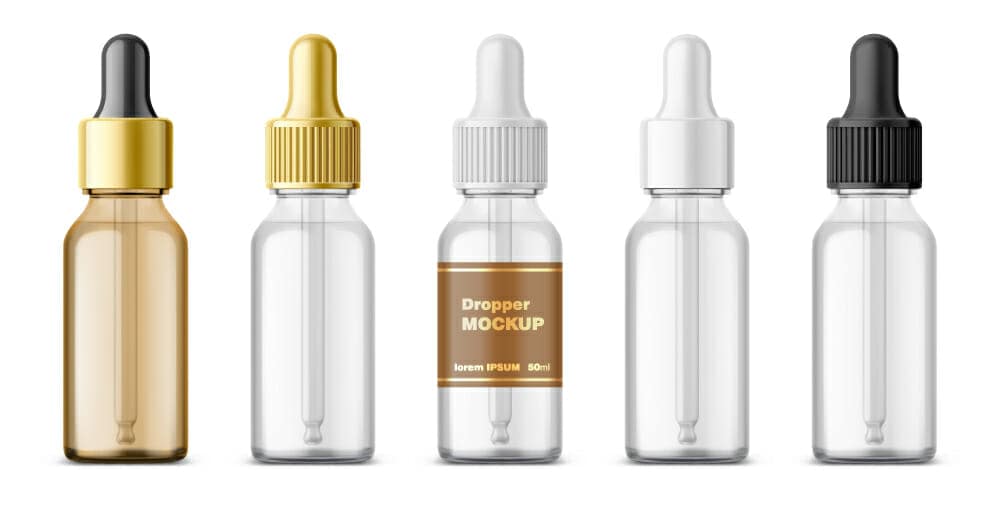
Now you know the importance of using high quality plastic bottles for storing your essential oil products, you should order from us. For high-quality plastic bottles suitable for essential oil storage, you might consider our wide range of products, which could be perfect for your business needs.
